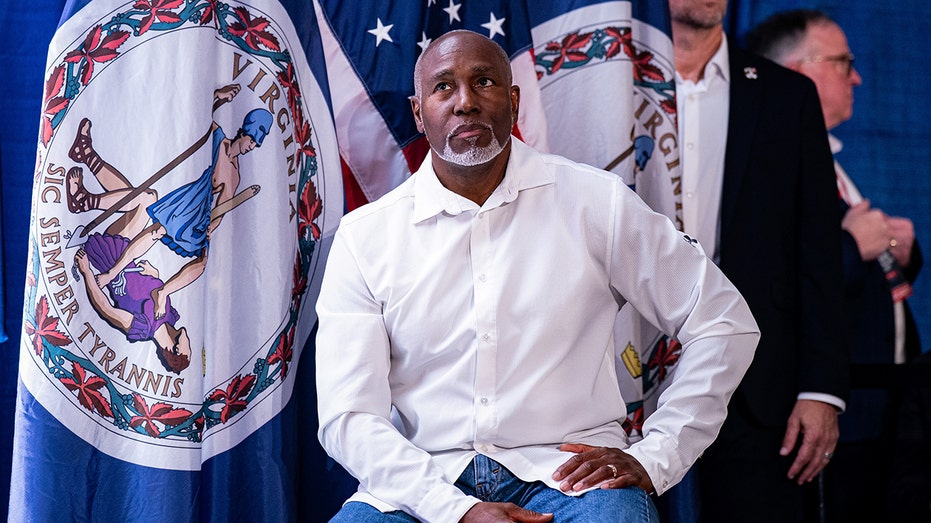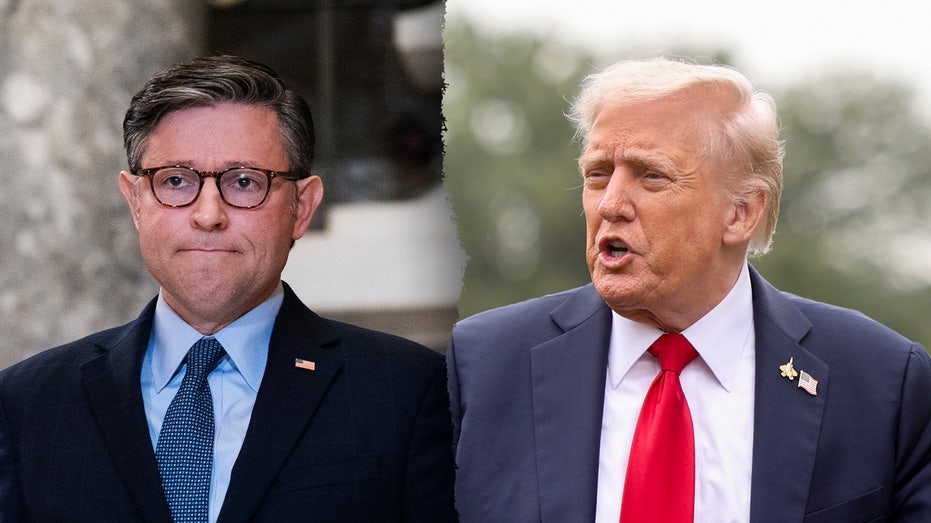A recent interview revealed a striking proposal from Kamala Harris: lowering the national voting age to sixteen. The suggestion, made during an appearance on “The Diary of a CEO” podcast, centers on the anxieties felt by Generation Z regarding the future of the planet.
Harris articulated a sense of urgency stemming from what she termed “climate anxiety” within this generation. She described a pervasive fear among young people – a fear not only of economic instability, but of a world fundamentally altered by extreme weather events, even questioning the viability of starting families.
The argument presented wasn’t simply about granting rights, but responding to a unique generational experience. Gen Z, having grown up amidst a recognized climate crisis and disrupted by a global pandemic, faces a future potentially defined by job market uncertainty and unprecedented environmental challenges.

Harris believes that empowering sixteen and seventeen-year-olds with the vote would fundamentally shift political priorities. She suggests that issues like climate change, the impact of artificial intelligence, and the availability of affordable housing would immediately rise to the forefront of political discourse.
She highlighted a core dynamic within the political landscape: the influence of consistent voters and financial contributors. By expanding the electorate to include younger voices, Harris argues, politicians would be compelled to address the concerns of a demographic poised to be significantly impacted by current policies.
The core of her reasoning rests on the idea that those most affected by long-term decisions deserve a direct say in shaping them. Gen Z, she contends, understands the implications of current systems in a way that older generations may not, and their participation could drive meaningful change.
Harris emphasized that Gen Z is projected to surpass the Baby Boomer generation in size, making them a powerful force with the potential to reshape the nation and the world. Investing in their future, she believes, requires acknowledging their present concerns and granting them a voice at the ballot box.
She acknowledged the impatience felt by this generation towards traditional leadership, suggesting that their direct involvement in the political process would be a natural response to a system they perceive as slow to address their needs and fears.





